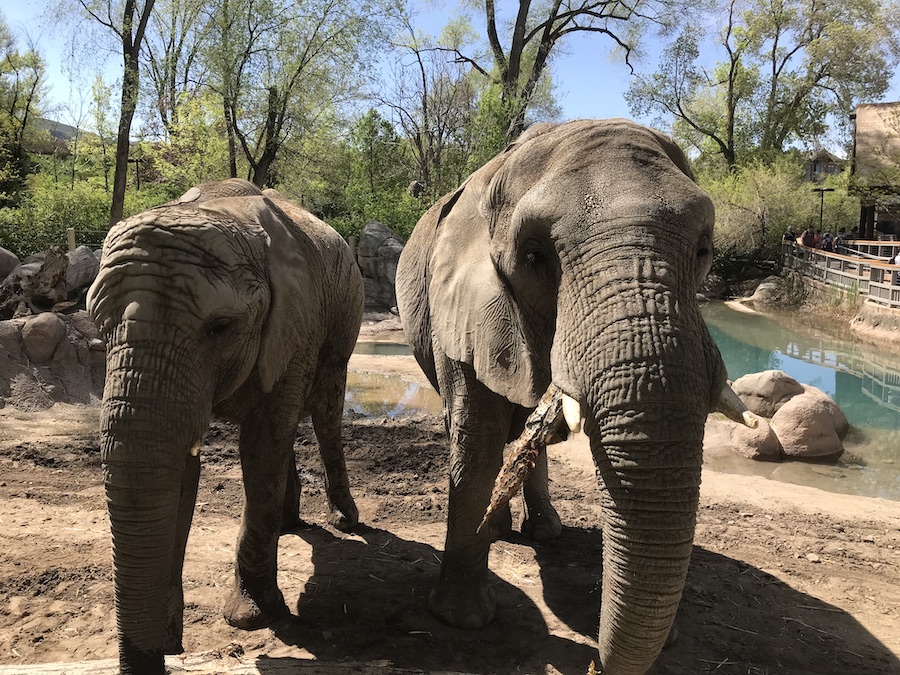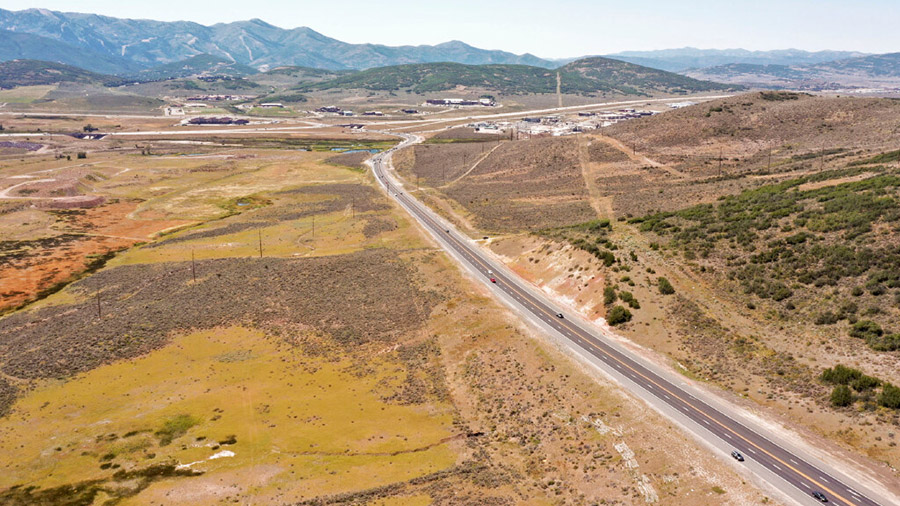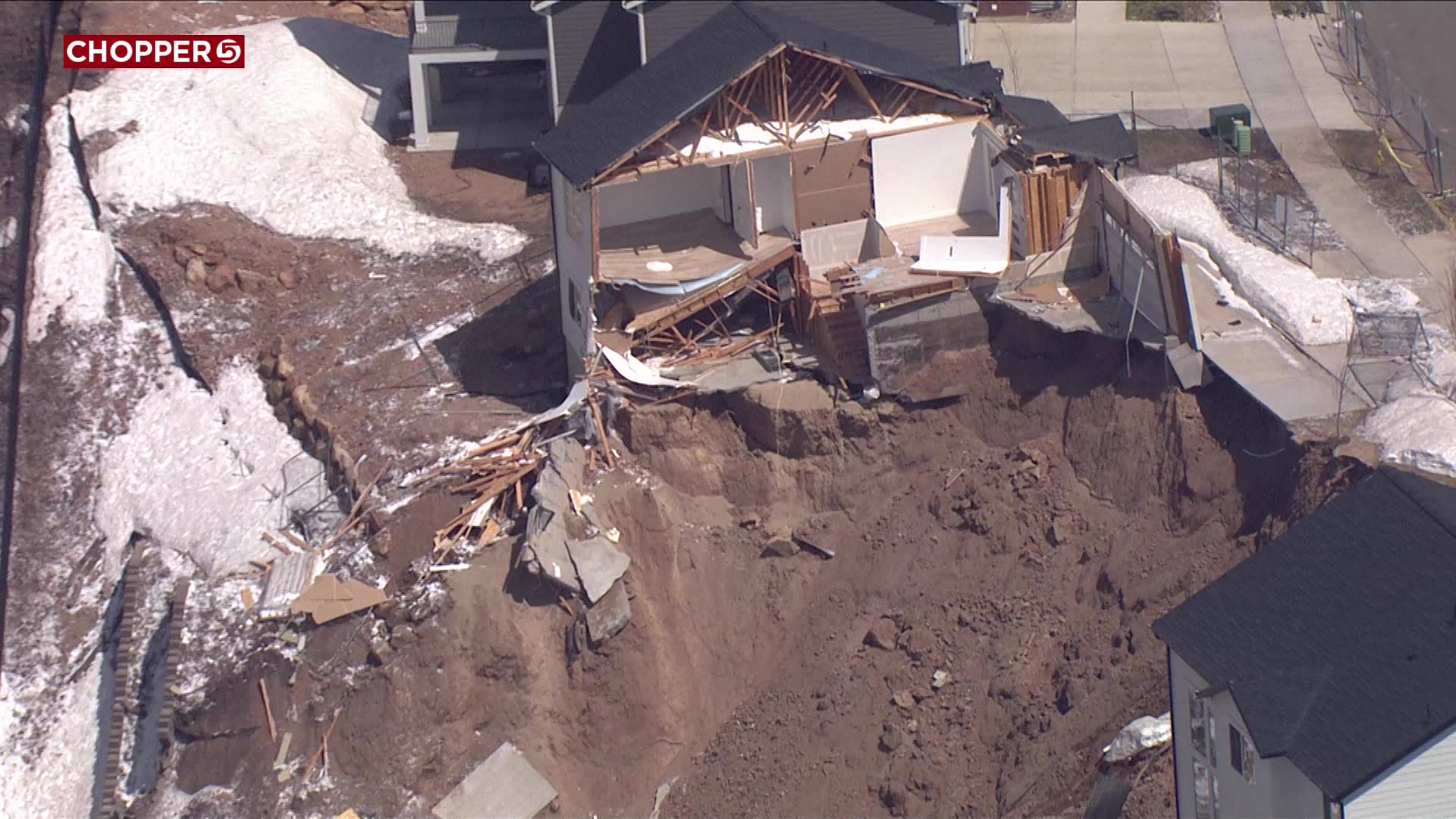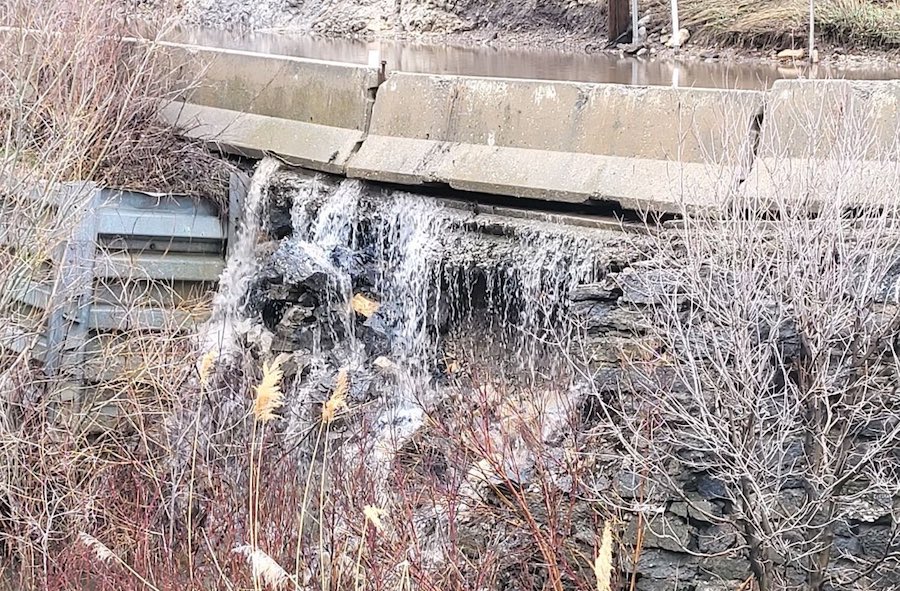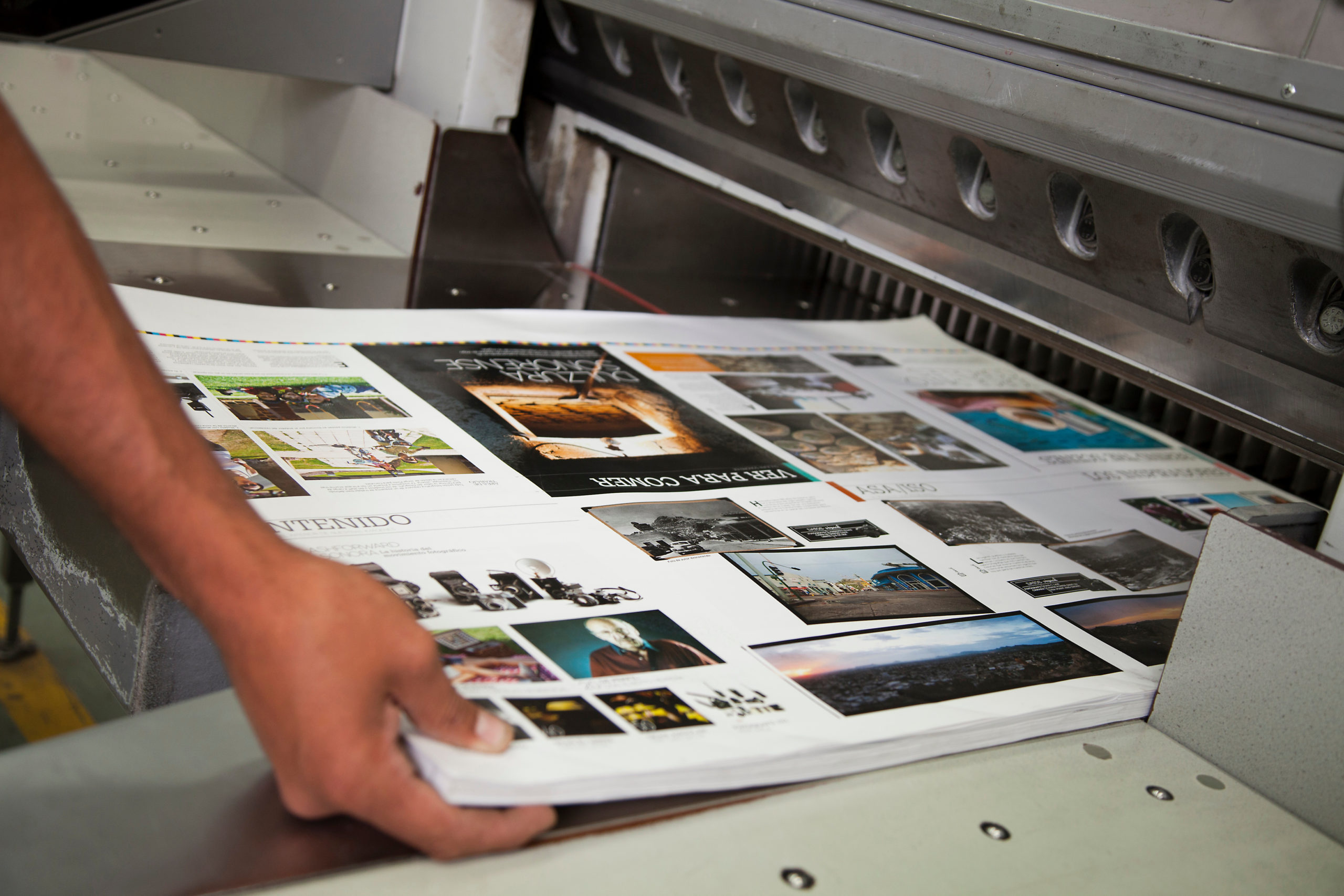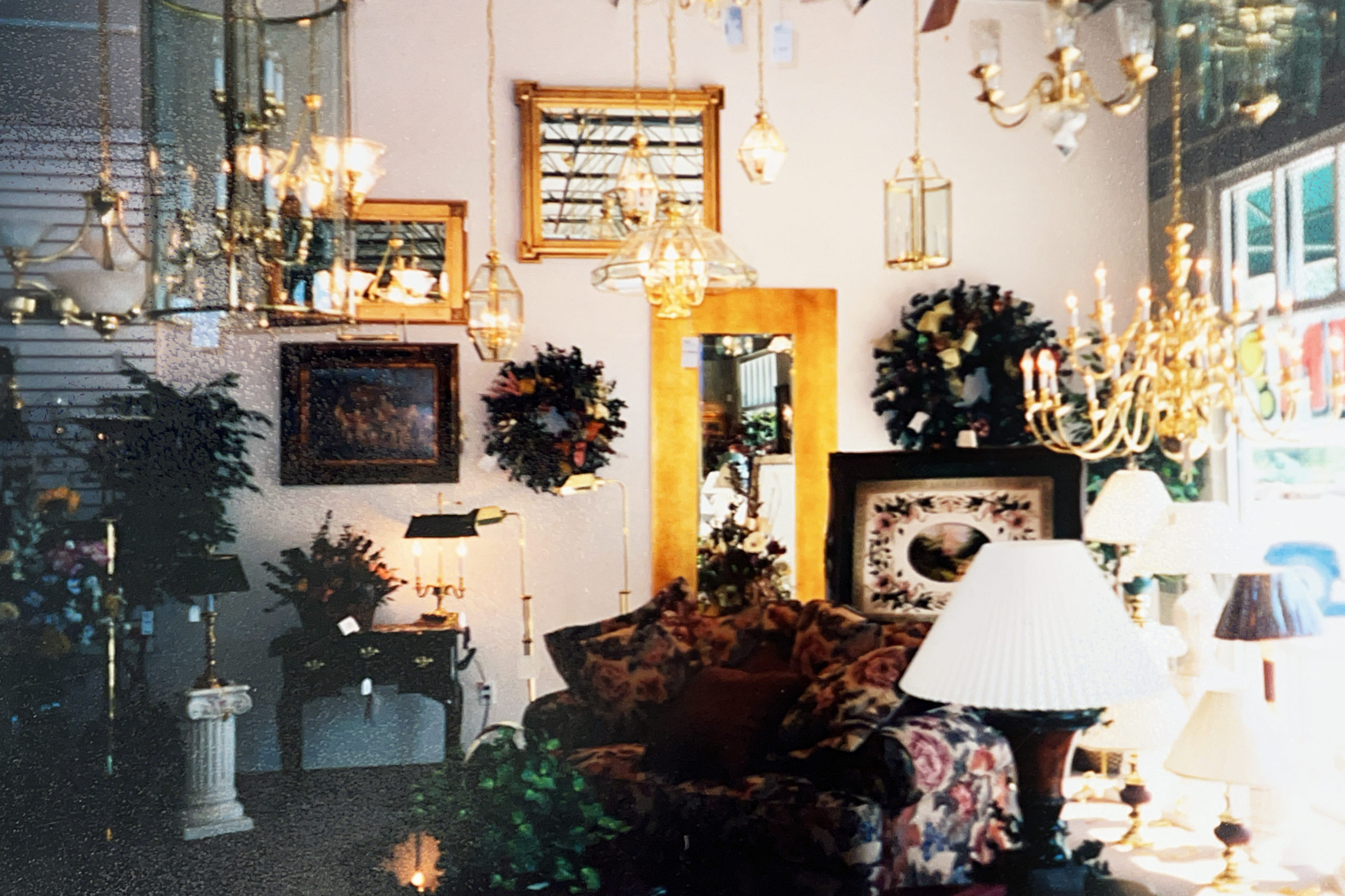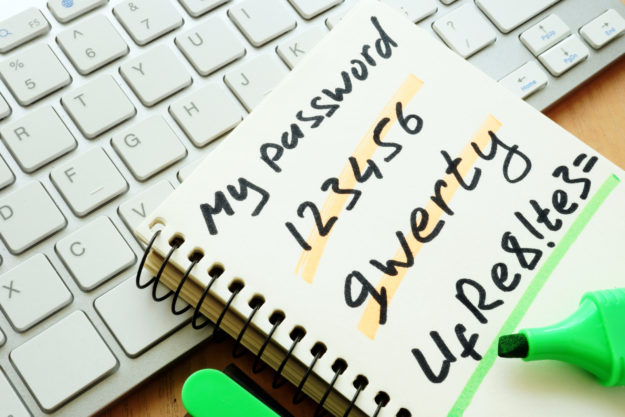LOCAL NEWS
Woman behind ‘Sharon Says So’ podcast explains how we stop screaming at each other
Jul 6, 2022, 12:24 AM | Updated: 10:43 am
SALT LAKE CITY — If you haven’t heard of Sharon McMahon, it’s a good bet you know someone who follows her on Instagram.
The former high school teacher cuts through misinformation with straightforward facts to educate her nearly 1 million ‘Sharon Says So’ Instagram followers.
KSL NewsRadio’s Boyd Matheson got some great advice from her about civility for our series: “A More Perfect Union.”
Boyd Matheson: ‘Sharon Says So’ is really about an invitation to have a different kind of conversation about the Constitution, about our country and about our society. Tell us about it.
Sharon McMahon: Well, turns out that I really feel like the American public is hungry to learn how to think and not be told what to think. And there’s not a lot of that available on the internet, or, frankly, in a lot of the media people consume. There’s just sort of a big gaping hole in this conversation about how can we work together? How can we work side by side instead of screaming at each other all day long? Ultimately, most Americans want very similar things.
They want good schools for their children, they want safe communities, they want opportunity, they want prosperity for their neighbors, most Americans want very similar things. And they differ on how to get there. But if we can reframe the conversation about what needs to happen in America to be more about how can we work together to achieve those things, then spend all of our time screaming at each other on the internet, I think we would have a very different political landscape.
Boyd Matheson: And we’ve probably believe that we’re not nearly as divided as many and the extremes of the left and the right want us to believe that we are. We also know that that common ground is always found on higher ground, which you’re not going to get from yelling, angry things back and forth at each other. How do we change that and get to that higher ground/common ground?
Sharon McMahon: I like what you just said that common ground is found on higher ground. Because once you are down slinging mud, you know the race to the bottom is not a race you want to win, right? Like what happens when you’ve gotten to the bottom what is down there? It’s not something that is pretty, I can tell you that.
So, getting to that higher ground or that common ground requires each one of us. And I think this is one of the challenges that perhaps, maybe Americans could reframe how they think about this, instead of waiting for somebody else to come along. And to be the white knight on a horse, instead of waiting for a politician, or you know, a media pundit to come save us–we’re the ones we’ve been waiting for. It’s up to all of us to do that job. And if we want a less divided country, we need to be less divided. That’s up to us to do that. We cannot wait for somebody else to come and save us.
So, it starts with truly each one of us in our own homes. And the way we speak to our children, the way we frame conversations around the dinner table. That is truly where it begins. And then it ripples outward into our workplaces, into our schools, into our government but it begins with a decision made by each individual.
Boyd Matheson: I really believe in this idea that you’re talking about that community and culture lead and the politicians actually follow. And I think from a history standpoint, you share that often in terms of how we’re really grounded in community and culture first, and that politics is downstream from all of that.
Sharon McMahon: Hmm, I mean, you can see here my constitution, it says what at the beginning, it says ‘We the People’, right? It doesn’t say, ‘Oh, great government leaders, please save us from ourselves.’ Right? That’s it. I feel like so many Americans have adopted that mindset that it’s up to somebody else. And so, it is absolutely true that the way that we act is reflected in who we vote for. And if we want better candidates, we have to step up and start being better people. And I don’t mean to say that we’re all doing it wrong. But this is something that is going to require a concerted effort to shift. If we want change, we have to do something different.
We can’t keep doing exactly what we’re doing, and just cross our fingers that this time, it’s going to be different. If we want things to be better, we have to have hope for the future, we have to have hope that things will improve. And then we have to get our hands dirty, cannot just sit around crossing our fingers, we have to use our hands and feet to be the change that we want to see.
Boyd Matheson: As you look at the application of the principles of the Constitution, what’s the one thing we should be thinking about? Or what’s the one thing we ought to all be shouting for Washington to hear in terms of doing what it actually says in the document?
Sharon McMahon: I mean, the principles of democracy are beautifully laid out in this document. And a lot of Americans will say things like, well, we don’t have a democracy, we have a constitutional republic. I’ll just remind people that yes, a constitutional republic is the structure of government that we have. But democracy is a type of government is a concept in which people have a say in their government. And so, we are a constitutional republic that has democracy, we have a government of the people so that citizens have a right to participate in their government. I think some of the enduring principles that I love to come back to and that I think all Americans should sort of hide in their hearts are things like the rule of law.
The principles of democracy must be upheld, not just because it’s a good thing, not just because we want to vote, not just because people should have a say, but because truly America’s place in the world, is what it is because of America’s enduring democracy. And if we want to maintain that position moving forward, democracy has to be one of our highest ideals.
Boyd Matheson: How do we rebuild or strengthen that trust both between each other as individuals and with our institutions?
Sharon McMahon: In the case of government, that requires perhaps even more transparency than they are giving people now, even if they are giving more transparency now than we had 50 years ago. Even if that is true, perhaps even more is necessary in order to establish trust. And the same is true of things like institutions, like the media. Humans are human beings they get things wrong sometimes. And as much as we try not to get things wrong sometimes, we have to say, “You know what, I misspoke on that. I’m gonna correct what I said I misspoke. And what I what I should have said, was x.” And there’s lots of studies that show that somebody is actually more credible, when they say, “Oh, please accept my apologies, I misspoke. What I should have said was x.” That actually establishes credibility. But if you try to hide or you try to pretend that it didn’t happen, or you try to say like, “well, I never said that.” That damages credibility.
So, we need more honest transparency from our institutions. And we need the same thing, between us as citizens, we need to be willing to think, again, we need to be willing to say, “You know, I’ve given that some thought and I, you know, I think you might have been right,” and being willing to have the humility, as leaders and as citizens, the humility to say, “I’ve thought about that a second time. And I think I might have been wrong,” or “I can really see where you’re coming from,” even just the phrase, “I’ve thought about it some more, I can really see where you’re coming from,” it doesn’t necessarily mean that you were wrong, and they were right, it just means that you’ve thought about it again, and you have reconsidered their point of view.
That doesn’t mean you necessarily have to agree with it. But just that phrase,” you know, I’ve given it some time, I can really see where you’re coming from,” Wouldn’t that feel amazing from somebody that you’re having a disagreement with? So, I think those are just a few ideas of how we can work to establish more trust between us and more trust amongst our institutions.


![[File] Utah Highway Patrol State Trooper car (Laura Seitz, Deseret News)...](https://staging.ksltv.com/wp-content/uploads/2022/12/UHP-State-Trooper-Car-file-121222.jpg)

